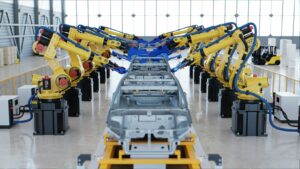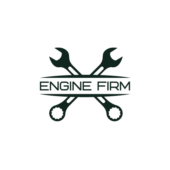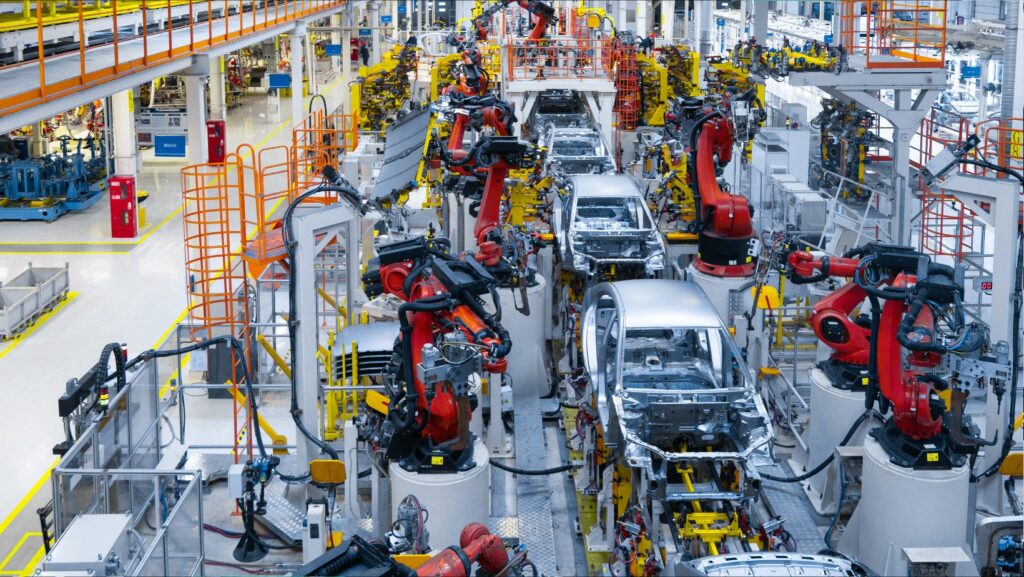Jobs in Automotive Industry
The automotive industry is constantly evolving, offering a wide array of career paths for individuals interested in cars, technology, and innovation. From engineering to marketing, sales, and manufacturing, there are diverse opportunities available in this dynamic sector. With the rise of electric and autonomous vehicles, the demand for skilled professionals is increasing, driving the need for adaptation and progress in the mobility landscape.
Current Trends in the Automotive Sector
- Shift Towards Electric Vehicles: The automotive industry is witnessing a significant shift towards electric vehicles (EVs) due to environmental concerns and technological advancements. Companies are investing heavily in EV research and production, creating new job opportunities in battery technology, electric powertrain development, and EV infrastructure.

- Focus on Autonomous Driving: Autonomous vehicles are becoming a focal point in the automotive sector, with advancements in artificial intelligence and sensor technologies. Roles in autonomous vehicle development, software engineering, and data analysis are in high demand as companies race to bring self-driving cars to the market.
- Rise of Digital Marketing: Technology has revolutionized the way automotive companies market their products. Digital marketing strategies, social media campaigns, and online customer engagement have become integral to reaching target audiences and driving sales in the industry.
- Advanced Manufacturing Techniques: Automation and robotics have transformed the manufacturing processes in the automotive sector, leading to increased efficiency and precision. Jobs in robotics programming, maintenance, and quality control have become essential for ensuring smooth production operations.
Various Job Roles in the Automotive Industry
Jobs in Automotive Industry offer exciting opportunities for individuals with diverse interests and skills. Explore the following career paths within this dynamic sector:
Design and engineering play pivotal roles in the automotive industry, shaping the future of vehicles. Designers conceptualize the look and feel of automobiles, focusing on aesthetics, functionality, and user experience. They work closely with engineers who bring these concepts to life through innovation and problem-solving. Engineers are responsible for developing cutting-edge technologies, enhancing vehicle performance, and ensuring safety standards are met.
Manufacturing and assembly are essential components of the automotive industry, where precision and efficiency are critical. Professionals in this field oversee the production process, from sourcing materials to assembling vehicle components.
They optimize workflows, implement quality control measures, and drive continuous improvement initiatives to streamline manufacturing operations. With a focus on innovation and automation, manufacturing roles are at the forefront of revolutionizing the production of modern vehicles.
Sales and marketing in the automotive industry are key to connecting vehicles with consumers worldwide. Sales representatives engage with customers, providing information on vehicle features, financing options, and after-sales services. Marketers craft compelling campaigns to promote brands, showcase new models, and engage audiences through various channels. With the shift towards digital marketing strategies, professionals in sales and marketing are leveraging technology to reach target markets and drive sales growth.
Professionals pursuing a career in Jobs in Automotive Industry must possess a blend of technical skills and qualifications to excel. These include expertise in areas such as automotive engineering, mechanical design, electrical systems, and computer-aided design (CAD). A solid understanding of vehicle dynamics, materials science, and manufacturing processes is essential for roles ranging from design to production. In addition to technical competencies, soft skills are crucial for success in the automotive industry. Effective communication skills are vital when collaborating with cross-functional teams to bring vehicle designs from concept to reality.
Challenges Facing the Automotive Employment Sector
The Jobs in Automotive Industry stability is influenced by economic factors such as market fluctuations and consumer preferences. Economic downturns can lead to reduced demand for vehicles, affecting production levels and job opportunities within the sector.
This instability requires professionals to stay updated on market trends and be prepared for fluctuations that may impact their roles.
Rapid technological advancements in the automotive industry necessitate continuous learning and skill development among professionals. Automation, electric vehicles, and connected technologies are reshaping traditional job requirements, creating a demand for workers with expertise in emerging fields. Those in the industry must adapt to these changes by upskilling and embracing innovative technologies to remain competitive in the evolving automotive landscape.



